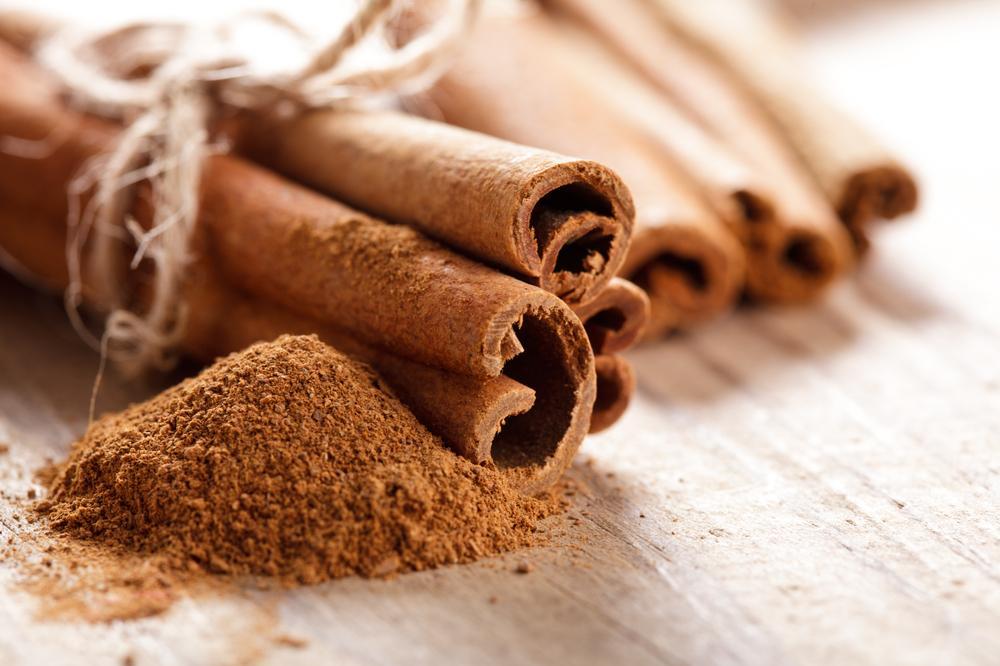A new study by the Rush University Medical Centre has cinnamon-lovers feeling smug, as it reveals that the spice may help your ability to learn.
Conducted on mice, the study found that those who were determined to have poor learning ability were able to increase this to the level those with high learning ability, after consuming cinnamon.
Kalipada Pahan, the lead researcher of the study, said that this would be “one of the safest and the easiest approaches to convert poor learners to good learners.”
Currently, not much is known about the neurological processes which make people good or poor learners, or how to improve this for poorer learners.
According to researchers, the key to understanding this is in the hippocampus, the part of the brain that organises and stores memory. Studies have shown that poorer learners have more GABRA5 protein, and less CREB protein, than good learners.
Cinnamon, when consumed, metabolises into Sodium Benzoate, which is a drug used to treat brain damage. Once the drug entered the brains of the mice, it decreased GABRA5, increased CREB, and also improved the ability of the hippocampus to develop.
Pahan summed this up, saying, “We have successfully used cinnamon to reverse biochemical, cellular, and anatomical changes that occur in the brains of mice with poor learning.
The study used a Barnes maze, which is a circular maze consisting of 20 holes, to show which mice had good and bad learning abilities. They trained the mice for two days, then tested them on their ability to find the target hole. Then they fed the mice ground cinnamon for a month, and tested them again.
At this point, the poor learners had improved to the level of the good learners, but the good learners had not significantly improved.
“Individual difference in learning and educational performance is a global issue,” Pahan said. “We need to further test this approach in poor learners. If these results are replicated in poor learning students, it would be a remarkable advance.”



